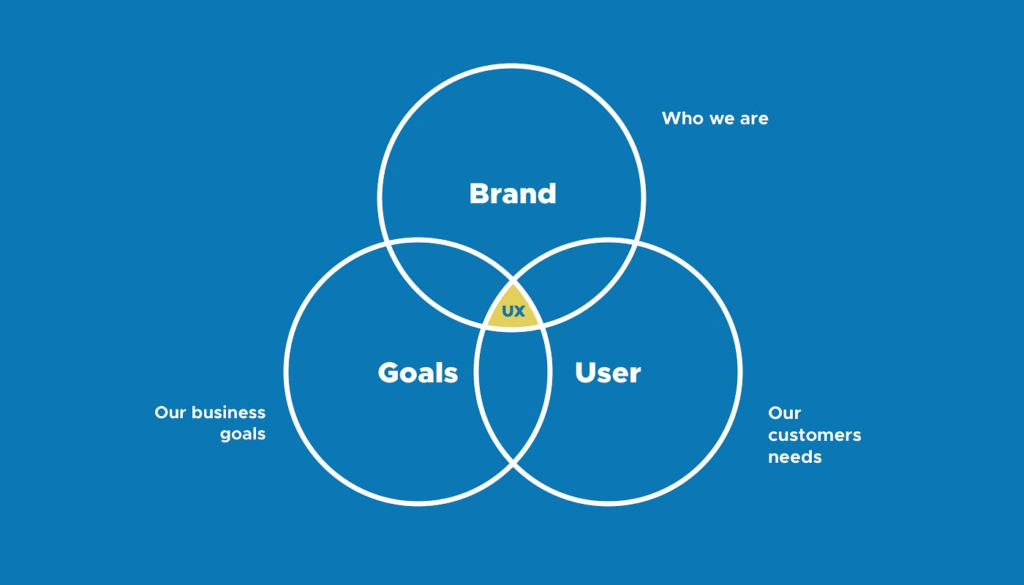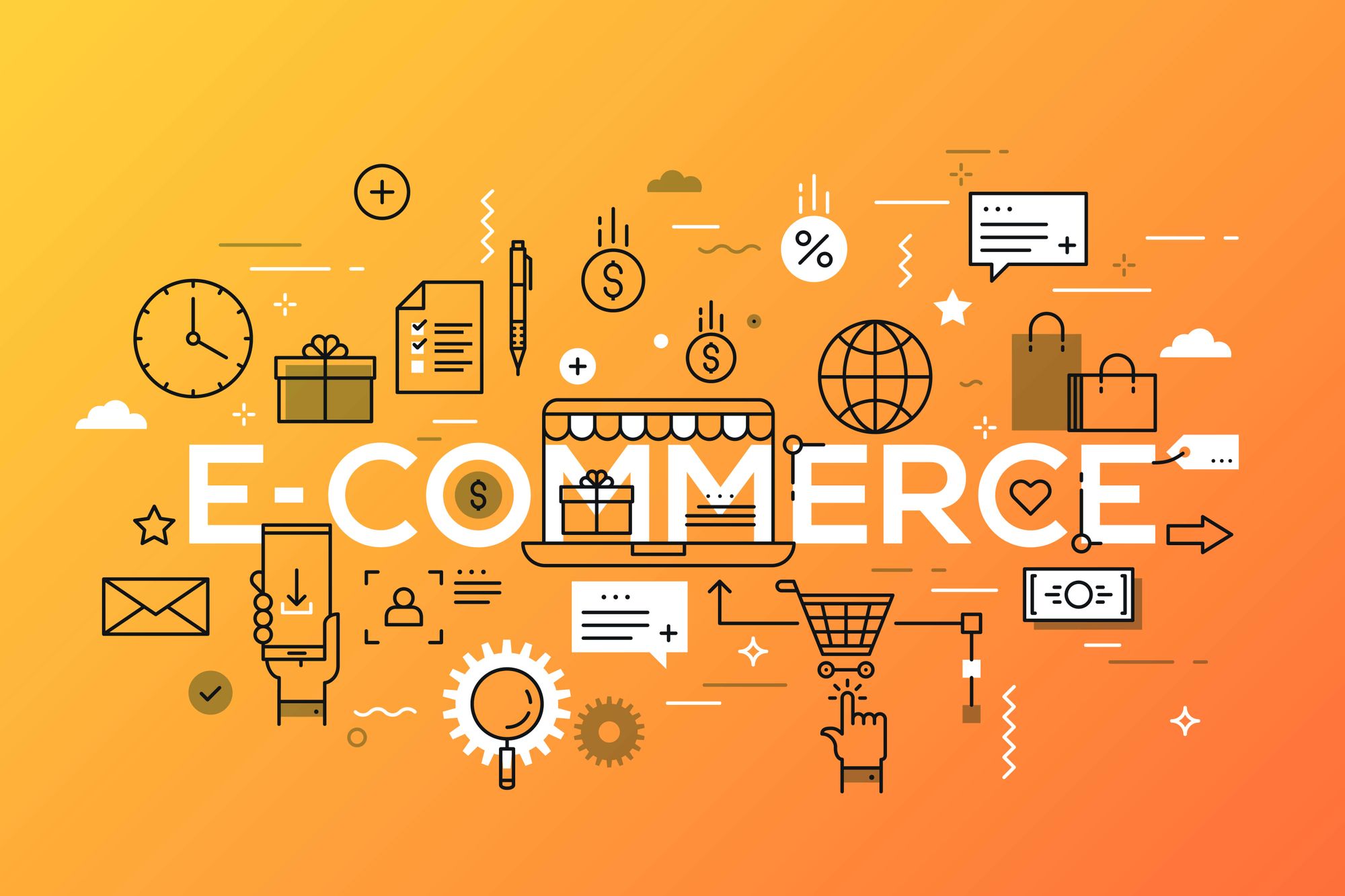In the rapidly evolving world of online retail, selecting the right e-commerce platform is crucial for the success of your online store. The platform you choose will influence your store’s functionality, scalability, user experience, and ultimately, your bottom line. This comprehensive guide will walk you through the essential factors to consider when choosing an e-commerce platform, compare some of the leading platforms available today, and provide answers to frequently asked questions to help you make an informed decision.
Key Takeaways
- Assess Your Needs: Define your business goals and requirements before selecting a platform.
- Prioritize Scalability: Choose a platform that can grow with your business.
- Ensure Mobile Responsiveness: With the rise of mobile shopping, ensure your platform offers a seamless mobile experience.
- Focus on Security: Protect customer data by selecting a platform with robust security features.
- Consider Customer Support: Opt for platforms that offer responsive customer support to assist you when needed.
Understanding E-Commerce Platforms

An e-commerce platform is a software application that allows online businesses to manage their website, marketing, sales, and operations. These platforms provide the tools necessary to build an online store, manage products, process payments, and handle shipping logistics. The right platform can streamline your operations, enhance customer experience, and support your business growth.
Understand Your Business Requirements
Before diving into platform options, assess your business needs:
- Business Size and Scale: Are you a small startup or an established enterprise?
- Product Range: Do you offer a few products or a vast inventory?
- Target Market: Are you catering to a local audience or a global customer base?
- Budget: What is your financial capacity for platform investment?
Understanding these aspects will help narrow down platforms that cater to your specific requirements.
Evaluate Platform Features
Different platforms offer varying features. Consider the following:
- Ease of Use: Choose a platform with an intuitive interface, especially if you lack technical expertise.
- Customization: Ensure the platform allows you to tailor the store’s design and functionality.
- Mobile Responsiveness: With increasing mobile shopping, your platform should offer a seamless mobile experience.
- SEO Capabilities: A platform with strong SEO features can enhance your store’s visibility on search engines.
- Security: Look for platforms that offer SSL certificates and comply with data protection regulations.
Consider Integration Capabilities
Your e-commerce platform should integrate smoothly with:
- Payment Gateways: Ensure compatibility with popular payment methods like PayPal, Stripe, and local options.
- Shipping Providers: Integration with logistics companies can streamline order fulfillment.
- Marketing Tools: Platforms that integrate with email marketing and CRM tools can enhance customer engagement.
- Accounting Software: Integration with tools like QuickBooks can simplify financial management.
Assess Scalability

As your business grows, your platform should be able to handle increased traffic and transactions. Consider:
- Performance: Ensure the platform can maintain speed and reliability during peak times.
- Upgrade Options: Check if the platform offers plans that cater to growing businesses.
- Resource Allocation: Some platforms provide dedicated resources for high-traffic stores.
Analyze Support and Community
Robust customer support and an active community can be invaluable:
- Customer Support: Look for platforms that offer 24/7 support through various channels.
- Community Forums: An active user community can provide insights and solutions to common issues.
- Documentation: Comprehensive guides and tutorials can assist in platform navigation and troubleshooting.
Review Pricing Structure
Understand the cost implications:
- Subscription Fees: Some platforms charge monthly or annual fees.
- Transaction Fees: Be aware of any fees per sale or payment gateway charges.
- Additional Costs: Consider costs for themes, plugins, and custom development.
Ensure the pricing aligns with your budget and offers value for the features provided.
Test the Platform
Many platforms offer free trials. Utilize these to:
- Explore Features: Test the platform’s features and functionalities.
- Assess Usability: Determine if the platform is user-friendly and meets your needs.
- Evaluate Performance: Check the platform’s speed and reliability during the trial period.
Key Factors to Consider When Choosing an E-Commerce Platform
Business Needs and Goals

Before evaluating platforms, clearly define your business objectives. Are you launching a small boutique, scaling an existing business, or entering the B2B market? Your goals will determine the features and capabilities you require from an e-commerce platform.
Ease of Use
Choose a platform that aligns with your technical expertise. Some platforms are designed for users with little technical knowledge, offering intuitive interfaces, while others provide more advanced customization options that may require technical skills .
Customization and Flexibility
Assess the level of customization and flexibility you need. Some platforms offer extensive customization options, allowing you to tailor the appearance and functionality of your store, while others may be more rigid .
Scalability
Your e-commerce store should be scalable, especially if you aim to grow your business in the future. Even if your store is initially small, ensure the e-commerce platform you choose can expand with your business .
Mobile Responsiveness
Given the increasing use of mobile devices for online shopping, opt for a platform that offers responsive design to ensure a seamless user experience on various devices .
Security Features
Security is paramount in e-commerce. Choose a platform that prioritizes security and compliance with industry standards to protect customers’ sensitive information, such as SSL encryption .
Payment Options
Ensure that the platform supports a variety of payment methods to cater to the preferences of your target audience. Check for integration with popular payment gateways .
Inventory Management
The platform should offer robust inventory management features to track stock levels and manage orders efficiently. Look for features such as automated stock updates, low stock alerts, and easy product categorization .
Third-Party Integrations
Enhance your business operations by choosing a platform with a rich ecosystem of third-party integrations. This can include integrations with marketing tools, analytics platforms, shipping providers, and other services that streamline your workflow .
Customer Support
When considering an e-commerce platform, prioritize those that offer robust customer support. Look for platforms that provide responsive assistance through various channels such as live chat, email, or phone .
Comparison of Leading E-Commerce Platforms
To assist you further, here’s a comparison of some of the leading e-commerce platforms available today:
| Platform | Best For | Key Features | Pricing Model |
|---|---|---|---|
| Shopify | All business sizes | User-friendly, extensive app ecosystem, scalable | Monthly subscription |
| WooCommerce | WordPress users | Highly customizable, open-source, large plugin library | Free; paid extensions |
| BigCommerce | Growing businesses | Built-in features, multi-channel selling, strong SEO capabilities | Monthly subscription |
| Wix | Small businesses & beginners | Drag-and-drop builder, affordable, quick setup | Monthly subscription |
| Magento | Large enterprises | Highly customizable, robust inventory management, open-source | Free; paid enterprise version |
| PrestaShop | International sellers | Open-source, multilingual support, extensive add-ons | Free; paid modules |
Also Read :The Ultimate Guide To E Commerce Analytics For Online Retailers
Conclusion
Choosing the right e-commerce platform is a critical decision that will impact your online store’s success. By carefully evaluating your business needs, considering the factors outlined above, and comparing leading platforms, you can select the best solution for your store. Remember, the ideal platform aligns with your business goals, offers scalability, and provides the tools necessary to deliver an exceptional customer experience.
Selecting the right e-commerce platform is a pivotal decision that can influence your store’s success. By thoroughly assessing your business needs, evaluating platform features, and considering scalability and support, you can make an informed choice that aligns with your goals.
FAQs
What is the best e-commerce platform for beginners?
Platforms like Shopify and Wix are ideal for beginners due to their user-friendly interfaces and quick setup processes.
Can I migrate my existing store to a new platform?
Yes, most e-commerce platforms offer migration tools or services to help you transfer your products, customer data, and order history to a new platform.
Are there any free e-commerce platforms?
WooCommerce and PrestaShop are open-source platforms that are free to use. However, you may incur costs for hosting, themes, and plugins.en.wikipedia.org
How important is mobile responsiveness?
With the increasing use of mobile devices for online shopping, mobile responsiveness is crucial for providing a seamless user experience and improving conversion rates.reads.alibaba.com
What payment gateways should I consider?
Popular payment gateways include PayPal, Stripe, and Square. Ensure the platform you choose integrates with your preferred payment methods.
Is SEO important for my online store?
Yes, SEO is vital for driving organic traffic to your store. Choose a platform with strong SEO capabilities to enhance your visibility in search engine results.
How can I ensure my store is secure?
Opt for a platform that offers SSL encryption, complies with PCI DSS standards, and provides regular security updates to protect customer data.reads.alibaba.com



